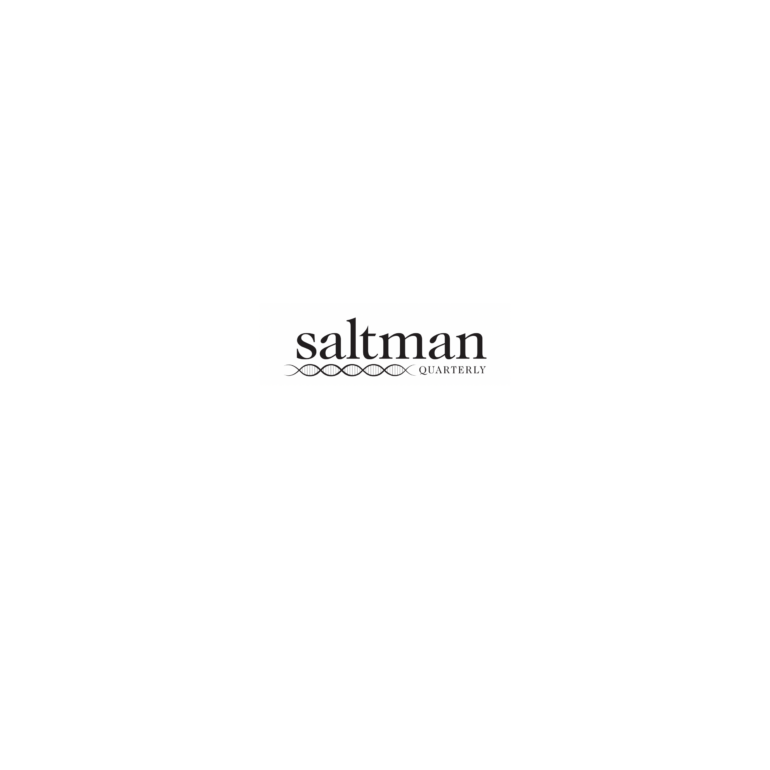I never cease to be amazed by my great-grandmother. At 95 years old, she still reads without glasses, washes her own clothes, and folds them without a crease. My mother always says that “old food” and a simpler lifestyle contribute to her well being. By “old food,” she is referring to everything that is the opposite of the ‘Western diet,’ a pattern of nutrition that includes processed foods and a general high intake of sodium, fats, and sugars. As fortunate as we are to be a part of an advanced society, our way of life, more so than ever before, reaffirms the ‘You Are What You Eat’ adage and constantly reminds us of the risks we run as a result of our increasingly fast-paced, utilitarian lifestyle; the continued rise of autoimmune diseases and other lifestyle diseases is an example of this affirmation [1].
A normally-functioning immune system protects our body by warding off harmful microorganisms. Its ability to do so, on a basic level, depends on distinguishing between our own tissue and invasionary foreign substances that need to be subdued. Autoimmune diseases result from a loss of this self-tolerance, leading the immune system to wrongly attack our molecules and tissue. The mechanisms that lead to this loss are not yet understood, but studies show that a combination of genetic and environmental factors plays a role [3]. Certain toxins, dietary compounds, and microbial imbalances in the gut can lead to the onset of autoimmune diseases [3]. There is a higher chance of these diseases developing in those who have a genetic predisposition to pathogenic autoimmunity.
A common theme among autoimmune diseases is the persistence of chronic inflammation. Inflammation is the immune system’s first weapon of choice. For example, to fight the influenza virus, the immune system deploys a wide variety of killer cells and inflammatory agents. Inflammation caused by these agents leads to the classic flu symptoms–—fever, body aches, and nasal congestion. As soon as the invader is defeated, the immune system reverts back to its normal state. This is called acute inflammation [4]. However, when the immune system is constantly on high alert, it can lead to chronic inflammation. This continued, non-specific inflammation stresses the immune system and increases its risk of making mistakes, which can lead to autoimmunity [2,5]. The easiest fix, or, at least, the most in-your-hands alteration that one can make, is diet.
The story of diet and autoimmune conditions begins in the gut, the interface of digestion. The role of the small intestine as the primary interface of nutrient absorption cannot be overstated. Within the small intestine are small hair-like projections called villi and microvilli [2]. As the nutrients from newly digested food flow by, these hairs catch them and direct them to tight junctions between the epithelial cells, through which they enter the bloodstream [2]. In normal conditions, the tight junctions, as their name suggests, are very selective, allowing only small molecules to pass through the intestinal barrier. Certain dietary compounds can compromise this selectivity of the gut; this leads to Leaky Gut, a condition in which the tight junctions begin to come apart and limit effective nutrient intake. The consequence? Leakage of toxins, pathogens, and, perhaps most importantly, incompletely digested food molecules that the body is not used to encountering. In addition to releasing inflammatory chemicals to deal with the toxins and pathogens, the body starts making antibodies for the undigested food molecules that it deems to be invaders [2, 5, 6].
In recent years, a gluten-free diet has accumulated both legions of advocates and a considerable amount of mockery, but research shows that gluten is to blame for leaky gut. Gluten can trigger the release of zonulin, a modulator of intestinal tight junctions [8]. Zonulin signals the tight junctions to open, increasing gut permeability and leading to leaky gut [2, 8]. Too much zonulin can even cause the tight junctions to fully break apart, allowing undigested (and hence unrecognizable) gluten to pass through the gut lining [2]. This irritates the local tissue and attracts lymphocytes, which attack the epithelial cells along with the gluten in its undigested form. This further damages the gut lining and causes inflammation [2].
Wheat has been consumed for millennia, so what explains the recent rise in gluten sensitivity and allergies? Modern “advancements” are to blame. In recent years, farmers and corporations have created new, hybridized strains of wheat that are more resistant to changes in the environment while allowing fluffier (read: marketable) bread and other baked goods [2]. Hybridization creates new forms of gluten that our bodies cannot recognize; in other words, we are not evolving quickly enough for these wheat strains! Another process developed for a similar purpose is deamination, in which an amino acid is removed from the proteins that make up gluten [2]. This allows companies to load their foods with more gluten. Deamination also expands the uses of gluten, allowing it to be used as a thickener in all sorts of products from toothpaste to ketchup [2]. This overexposure to gluten, especially the new strains, puts unnecessary stress on the immune system.
The connection between nutrition and autoimmunity does not end there. It is common knowledge that foods that are high in fat can lead to obesity; one of the characteristics of obesity is the accumulation of white adipose tissue (WAT). WAT has been shown to be more than just an energy store; it is an immune organ that releases many pro-inflammatory compounds that can lead to overactivation of certain T-cells against one’s own tissue [7]. In general, foods with high fat contents can exacerbate autoimmune conditions like Inflammatory Bowel Disease [7]. This establishes a clear connection between fat metabolism and immune health.
High salt intake is also an issue. Fast foods and other processed foods contain significantly larger amounts of sodium than homemade foods. High salt concentration is generally known to enhance T-cell activation. Excess salt facilitates the production of Th17 helper cells that play a role in autoimmune diseases like multiple sclerosis, rheumatoid arthritis, and psoriasis [10, 12]. Scientists also saw that in mice, salt accumulation in the skin interstitial fluid activates local macrophages. This establishes the connection between tissue sodium content and immune response [7]. To make up for nutrients lost in conventional salt manufacturing, manufacturers add synthetic iodine, anti-caking agents, and other additives [9]. Like gluten, all these extra additives put undue stress on the immune system and, slowly but surely, this works against us. Sea salt and Himalayan salts, which are both dried in the sun and retain all the vital trace elements, are healthier options than, say, Morton.
Cardiovascular disease, cancer, diabetes, and autoimmune conditions can be, to a large extent, our doing — and they will slowly become our undoing if we do not make the much-needed alterations to our lifestyles. We may not be able to change the general direction in which the world is moving in terms of food production, but we can slightly alter our personal paths and change the speed at which we move by looking at diet with a critical, scientific eye. This includes being conscious, intentional, and vigilant about what and how we eat by seeking healthier alternatives–for example, tracking our intake of foods known to contribute to disease with the help of diet tracking applications. With this mindset of intentionality and agency, we can keep lifestyle diseases at bay.
Citations:
- The Autoimmune Solution by Amy Myers, M.D.
- https://www.cbhs.com.au/health-well-being-blog/blog-article/2015/01/09/acute-vs-chronic-inflammation

